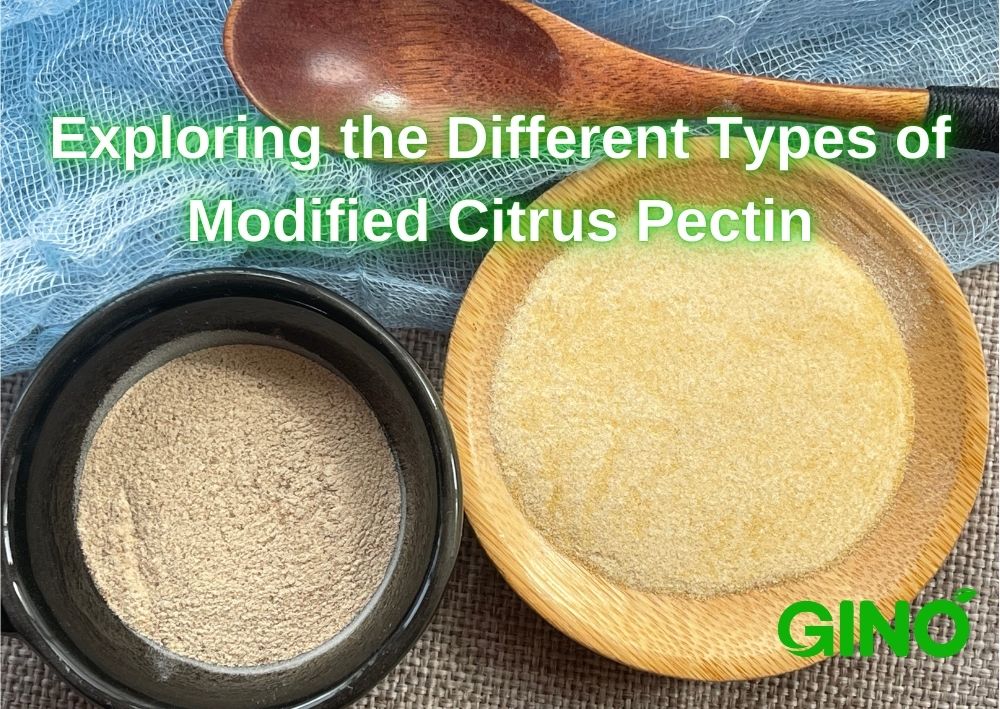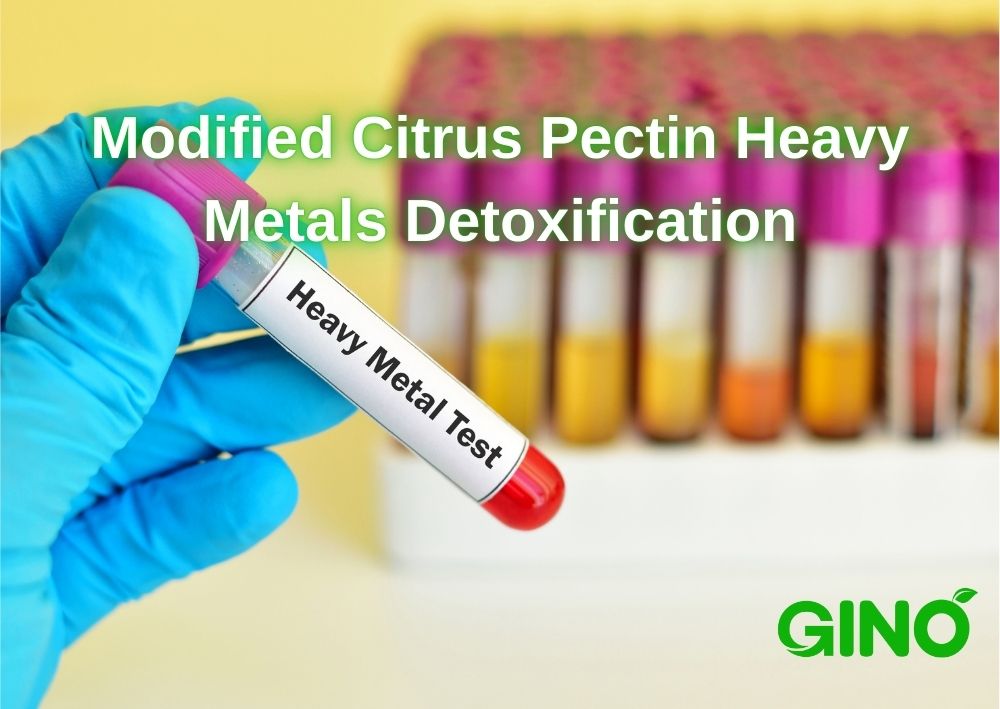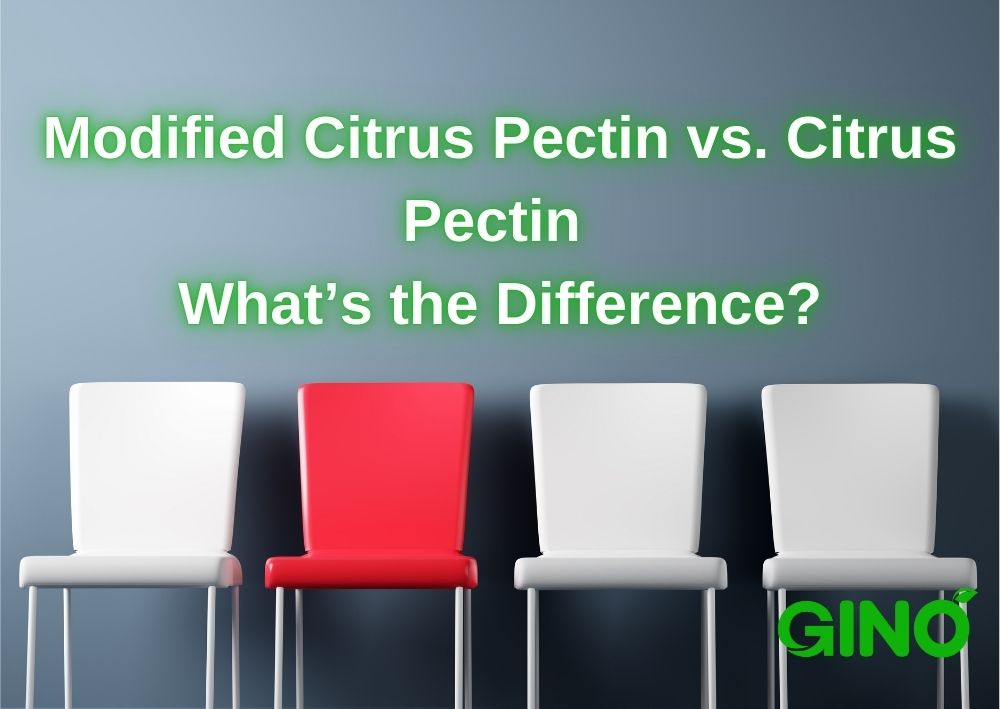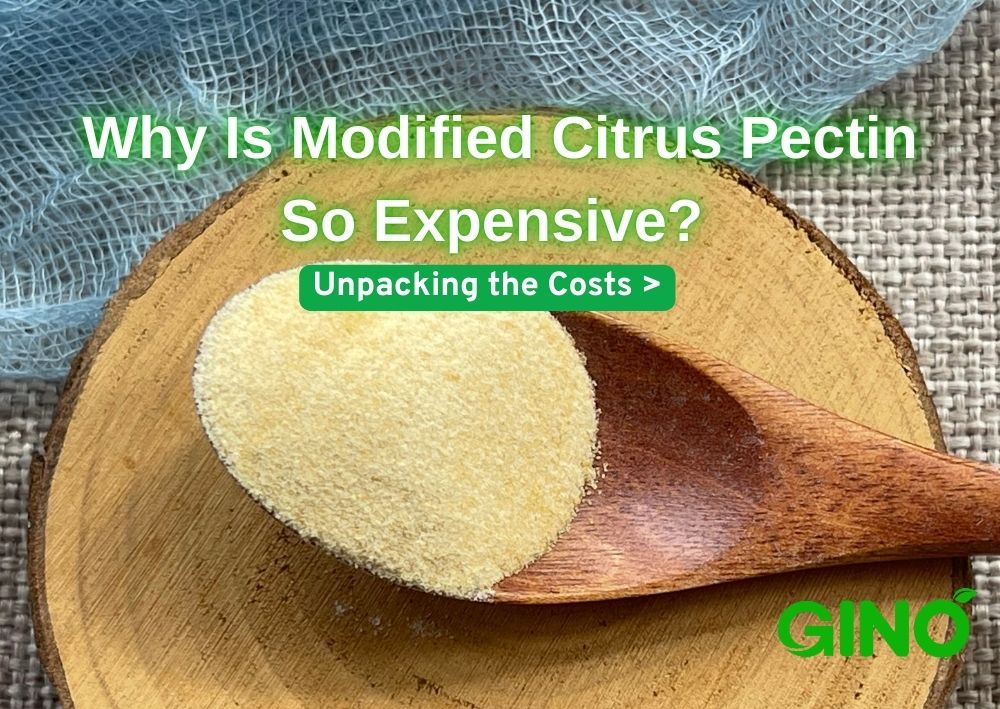
Sodium Alginate Uses:The 4 Most Extensive You Should Know
Sodium Alginate Uses
Sodium alginate is a natural polysaccharide, an edible gel extracted from seaweed and used as an additive in food.
Sodium alginate has the stability, solubility, viscosity and safety required for excipients in pharmaceutical preparations.
It is used as a sizing agent and printing pulp for textiles and also used as a thickener, stabilizer, and emulsifier in the food industry, as emulsification stabilizer and thickener.
Our country stipulates that sodium alginate can be used in all kinds of food, used in appropriate amounts according to production needs.
- In the following, we will introduce the 4 most widespread sodium alginate uses in detail.
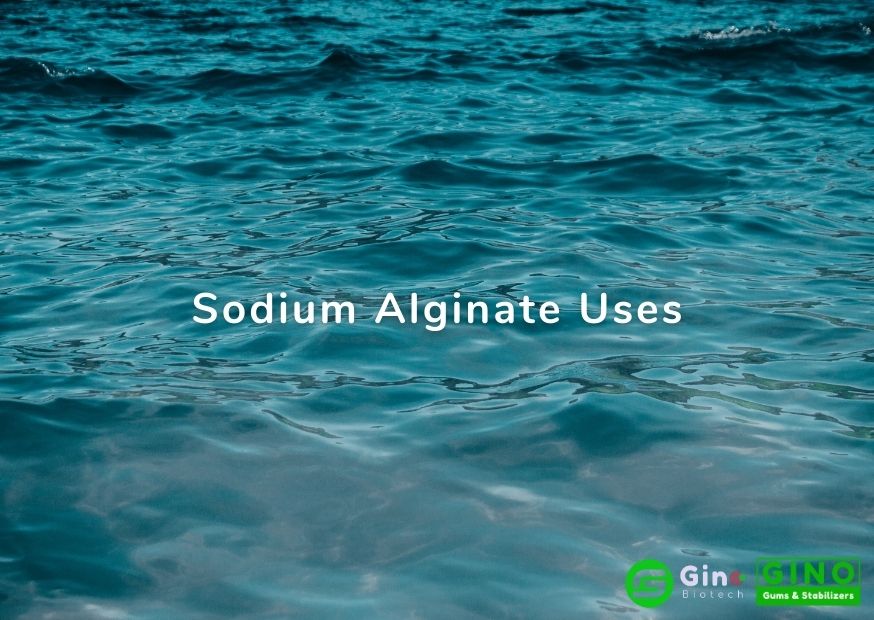
1. Sodium Alginate Uses in Food
Sodium alginate is a kind of food gum extracted from natural brown algae with high benzene toughness, ease to expand, low heat and other characteristics, sodium alginate can be applied to all kinds of food to improve the nature and structure of food, added to different foods can play a variety of different functions.
Sodium alginate is an excellent food additive, not only can increase the variety of food colors, improve product quality, play a certain role in health care, but also can reduce costs and improve the economic efficiency of enterprises.
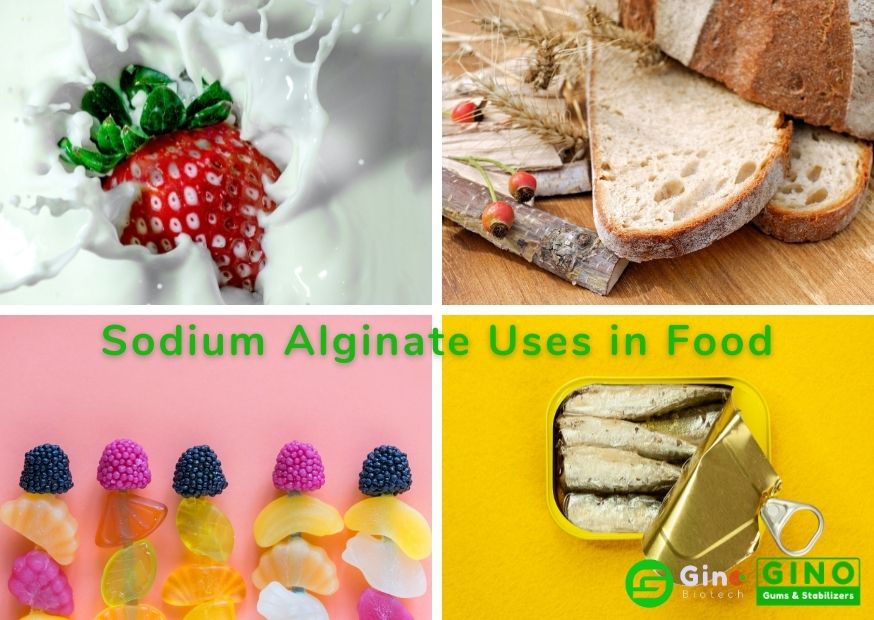
1.1 Uses of Sodium Alginate in Dairy Products
Sodium alginate is used to replace starch and gelatin as ice cream stabilizer, which can control the formation of ice crystals and improve the taste of ice cream and can also stabilize sugar water sorbet, ice fruit dew, frozen milk and other mixed drinks.
Many dairy products, such as refined cheese, whipped cream, dry cheese, etc. can be used to prevent the stabilization of food and packaging adhesion, can be used as the upper dairy jewelry cover, can make it stable and prevent the frosting pastry cracking.
As a water-soluble colloid, sodium alginate has certain thickening properties. It can be used as a thickener and emulsifier for human cream, vegetable protein drinks and dairy products. In addition, European countries use the foam stability performance of propylene glycol alginate, a derivative of sodium alginate, to add to beer, which can make the foam fine and improve the quality of beer to some extent.
1.2 Uses of Sodium Alginate in Baking
Sodium alginate is used in the salad (a kind of cold dish) dressing, pudding (a kind of sweet snack), jam, tomato sauce and thickening agent of canned products to improve the stabilizing property of products and reduce liquid seepage. Adding sodium alginate in the production of hanged noodles, vermicelli and rice flour can improve the adhesion of the products' tissues, making them strong in tension, bending and reducing the breakage rate, especially for the low gluten of flour content, the effect is more obvious.
Adding sodium alginate in bread, pastry and other products can improve the uniformity and water-holding effect of the internal organization of the products and prolong the storage time. Adding in frozen sweet products can provide a protective layer of heat fusion, improve the fragrance escape, and improve the performance of the melting point.
1.3 Uses of Sodium Alginate in Gel Food
Sodium alginate can be made into a variety of gel food, maintaining good colloidal form, without oozing or shrinkage, suitable for frozen food and artificial imitation type food. It can also be used to cover fruits, meat, poultry and aquatic products as a protective layer, not in direct contact with air and prolonged storage time. It can also be used as a self-coagulation forming agent for icing of bread, stuffing filler, covering layers of confectionery, canned food, etc. It can maintain the original shape in high temperatures, freezing and acidic medium. It can also replace agar to make elastic, non-sticky and transparent crystal fondant.
2. Sodium Alginate Uses in Pharmaceutical Industry
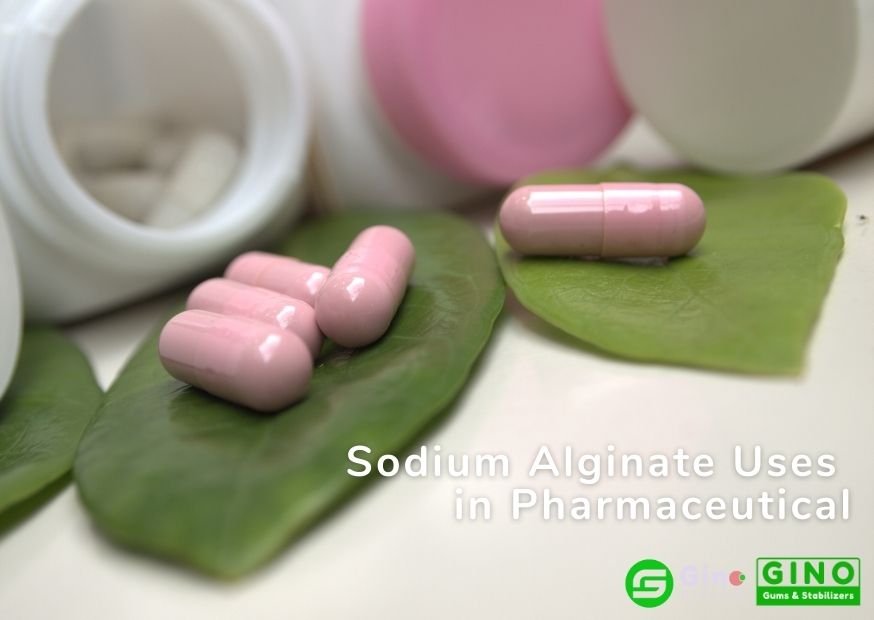
Sodium alginate is a kind of excipient with controlled-release function: the degree of sodium alginate is larger, and adding it to oral drugs can delay the process of drug digestion by the human body so that the drug effect can be released slowly to prolong the actual action time of the drug, and at the same time, it can also reduce the side effects. For example, there is a kind of slow-release tablet made of sodium alginate abroad, and there is also a long-acting anti-cardiac disintegration tablet made of sodium alginate in China.
The PS-type gastrointestinal double-contrast barium sulfate preparation made of alginate sulfate dispersion has the characteristics of low viscosity, fine particle size, good wall adhesion and stable performance, etc. PSS is a kind of fucoidan disodium ester developed with alginate as raw material, which has the functions of anticoagulation, lipid-lowering and blood viscosity reduction. The use of algae gum instead of rubber, plaster for dental impression material, not only cheap, easy to operate, and more accurate printed tooth shape.
Seaweed gum can also be made into various forms of hemostatic agents, including hemostatic sponge, hemostatic gauze, hemostatic film, scalding gauze, spray hemostatic agent, etc. Sodium alginate is also a natural plant-based wound repair material. Using the unique film-forming property of sodium alginate, it can be made into gel film or medical decoction, which has an extremely amazing healing effect on burns and scalds, cavity wounds and deep ocers. In recent years, the application of sodium alginate in medicine has been developing more deeply.
- Application of sodium alginate in pharmaceutical preparations
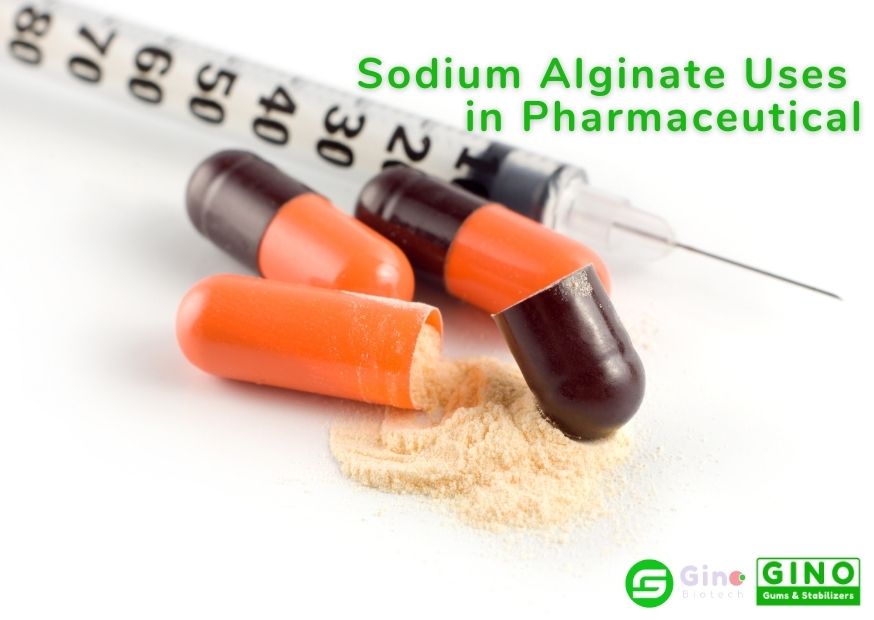
Sodium alginate has been included in the United States Pharmacopoeia since 1938. Alginate was included in the British Pharmacopoeia in 1963. Alginate is insoluble in water but swells when placed in water. Therefore, sodium alginate has traditionally been used as a binder for tablets and alginate as a disintegrant for immediate-release tablets.
3.Sodium Alginate Uses in Agriculture
Seaweed gum can be used in agriculture. It is used as a stabilizer of pesticide with the dosage of 0.2-5% and also used as a fertilizer forming agent and regulator.
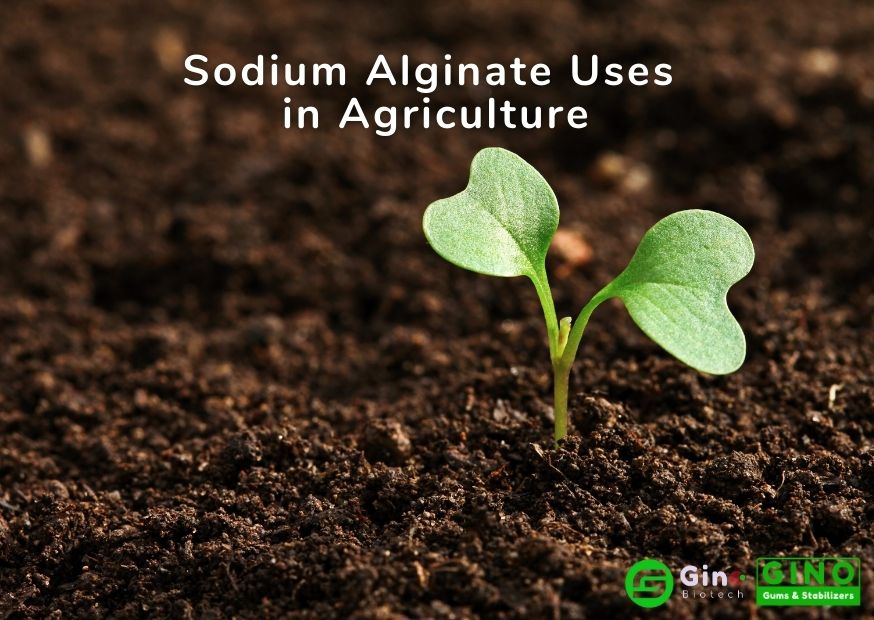
4. Sodium Alginate Uses in Printing and Spinning Industry
Sodium alginate has irreplaceable advantages in cotton printing because of its large fraction to the chain rich in anions, which makes the dye easy to dye fibers, high color yield, bright color, after washing, low residual rate on the cloth and soft hand. Therefore, it has been the most commonly used paste for reactive dye printing on cotton fabrics in textile printing. Sodium alginate is often used as a paste for sizing warp yarns and can also be used in fabric lace as a washable fiber component.
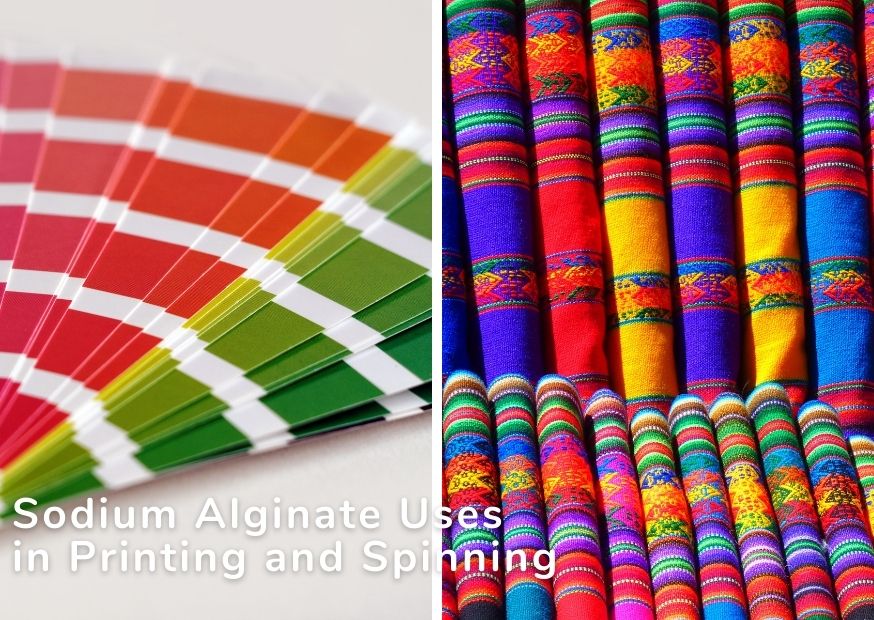
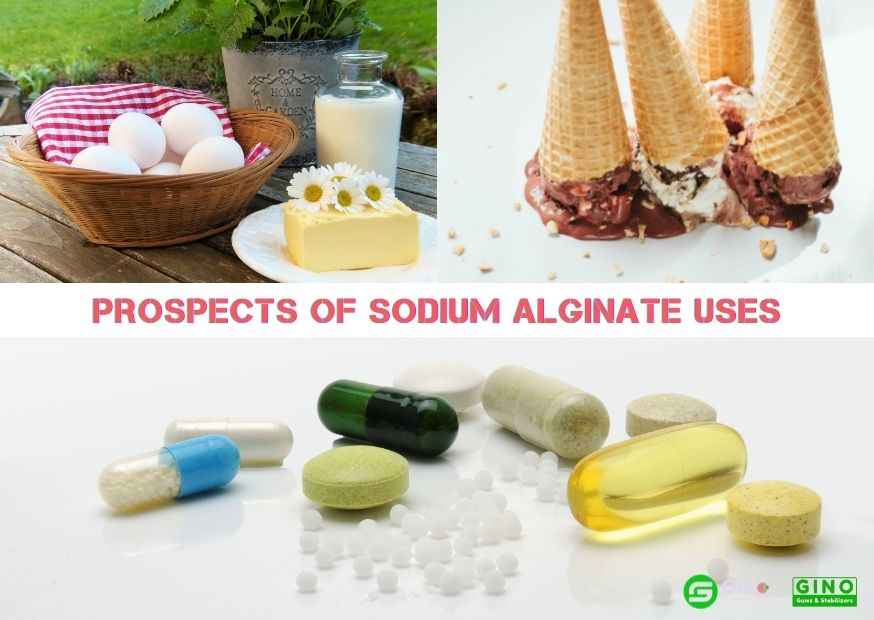
알긴산나트륨 사용 전망
이 기사에서는 알긴산나트륨의 연구 현황과 제약 및 식품 산업에서의 알긴산나트륨 사용 전망에 대해 소개하고 발전 전망을 제시합니다.
?? ???
MCP 시리즈 12: 개량 감귤 펙틴은 왜 그렇게 비싼가? 원가 공개
MCP 시리즈 11: 필요에 맞는 다양한 유형의 개량 감귤 펙틴 살펴보기
MCP 시리즈 09: 변성 감귤류 펙틴 중금속 해독
회사 소개
더 건강한 삶을 위한 식물성 잇몸 및 안정제를 제공한다는 사명을 가지고 2018년에 설립된 지노 검스 앤 스태빌라이저.
우리는 다양한 종류의 식물 기반 하이드로콜로이드 및 안정화 솔루션 시스템에 주력하고 있습니다.

